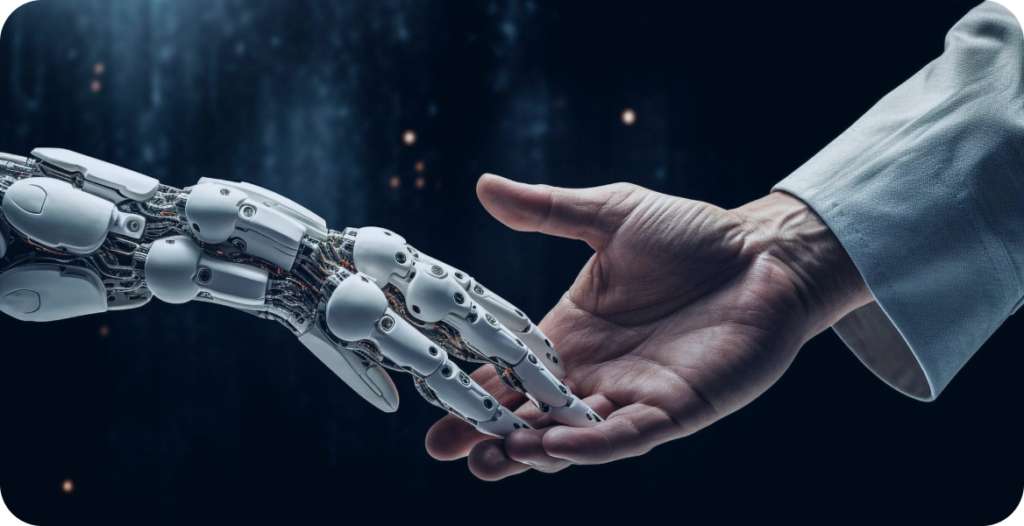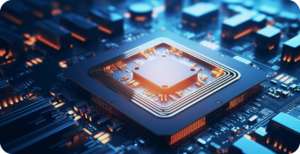Introduction
As AI systems become more advanced, the risk of unintended consequences or malicious use increases, making it more critical to have human experts involved in cybersecurity decisions. Human judgment is necessary to ensure that cybersecurity policies and practices align with ethical and legal frameworks, and that the potential impacts on individuals and society are carefully considered.
The Human Element in Cybersecurity
Cybersecurity is a multifaceted discipline that requires a diverse set of skills and expertise, from technology to policy and management. While AI can automate some tasks and perform specific functions, it cannot replace the broad range of skills and knowledge required for effective cybersecurity. This is because cybersecurity is not just about implementing technical solutions; it also requires a deep understanding of human behavior and motivations.
It’s this unpredictability that makes it challenging for AI to handle the complexities of cyberattacks. While AI algorithms are capable of detecting and mitigating known threats, they are not able to anticipate or respond to new, previously unseen threats that hackers are constantly developing. Human intervention is critical to adapt and respond to these new types of attacks, making AI an important tool but not a replacement for human expertise.
Human judgment is crucial in cybersecurity to navigate the ever-changing landscape of threats. Hackers continually evolve their techniques, developing new and sophisticated attack vectors. The ability of human experts to understand the motives, tactics, and strategies employed by hackers is unparalleled. They can anticipate and respond to emerging threats, leveraging their creativity, critical thinking, and problem-solving skills.
The Unpredictability of Cyberattacks
AI systems operate based on pre-programmed rules and patterns. While they excel at identifying known threats and performing routine tasks, they struggle to handle novel or previously unseen attacks. Cyberattacks are inherently dynamic and unpredictable, requiring adaptive responses. Human experts possess the intuition and ability to analyze complex situations, detect anomalies, and make informed decisions in real-time.
Cybersecurity extends beyond technical vulnerabilities to encompass the human element. Social engineering, for example, relies on psychological manipulation to deceive individuals and gain unauthorized access. Human experts are better equipped to recognize and respond to these social engineering tactics, employing social and emotional intelligence to detect suspicious behavior and mitigate potential risks.
The Ethical Dimension of Cybersecurity
Cybersecurity decisions have significant ethical implications. AI systems, while capable of processing vast amounts of data and performing calculations at unprecedented speeds, lack the ability to consider the broader ethical and legal context. Human experts bring an ethical framework to their decision-making, considering factors such as privacy, consent, and the potential impact on individuals and society. They ensure that cybersecurity practices align with legal regulations, industry standards, and societal expectations.
Collaboration between Humans and AI
Rather than viewing AI as a replacement for human expertise, it is more effective to consider it as a complementary tool in the hands of human professionals. AI can assist in automating routine tasks, augmenting human capabilities, and analyzing vast amounts of data. Human experts can leverage AI’s capabilities to gain insights, identify patterns, and streamline processes. However, the final decision-making authority should remain with humans, who can incorporate contextual knowledge, exercise judgment, and account for ethical considerations.
The Future of Cybersecurity
As AI continues to evolve, its role in cybersecurity will undoubtedly expand. However, the human element will remain essential. The demand for skilled cybersecurity professionals with a deep understanding of AI and its potential implications is growing. The ability to harness the power of AI while maintaining human oversight and judgment will be a crucial factor in ensuring robust and ethical cybersecurity practices.
Conclusion
While AI can help with automated tasks such as vulnerability scanning or intrusion detection, it cannot replace the intuition and problem-solving skills that humans possess. This is because AI algorithms work based on pre-programmed rules and patterns, while cybersecurity requires creative and out-of-the-box thinking to deal with unknown and evolving threats.
The human element, with its adaptability, creativity, intuition, and ethical judgment, remains critical in addressing the ever-evolving cyber threats. The collaboration between humans and AI holds the key to a secure and resilient digital future, where human judgment and ethical considerations guide the application of AI in cybersecurity practices.







